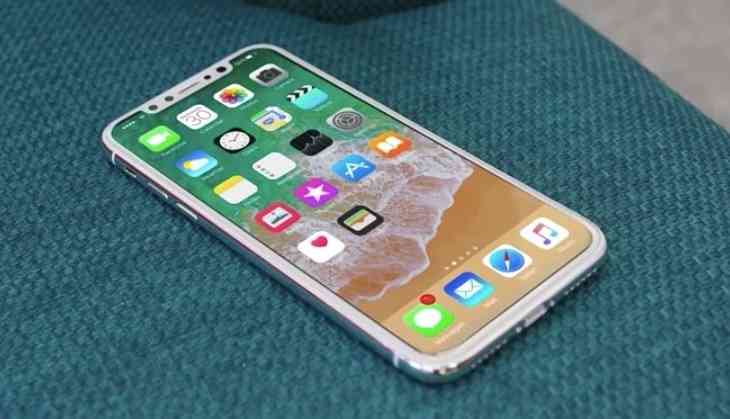Apple struggling to meet demand; to settle for half of iPhone X planned shipments this year

There are two things painfully clear since Apple launched three new iPhone models on Tuesday, 12 September. First, according to KeyBanc Capital Markets analyst John Vinh, sales of the iPhone 7 & iPhone 7 Plus are outselling the new iPhone 8 & iPhone 8 Plus.
That is because people are holding out to see just how 'amazing' the futuristic $999 iPhone X is. That brings me to the second point. Consumers may be holding out, but if they want to get their hands on the iPhone X, it may just be difficult. An article in Nikkei Asian Review is titled "Apple to settle for half its planned iPhone X shipments this year". The initial shipments are expected to touch just 20 million. For comparison, Apple sold more than 13 million iPhone 6S & 6S Plus devices in its opening weekend. The company didn't release numbers for the iPhone 7 & 7 Plus.
With the iPhone X set to go up on sale in India on 27 October exclusively on Flipkart, it remains to be seen just how many units are available for the Indian market. Which, going by the analyst's forecasts of production, might be very less.
We have reached out to Apple for a comment and will reply to this article if/when they reply.
Why the sluggish supply?
According to the Nikkei Asian Review report, the reduction in supply is due to the components needed for the iPhone's new face authentication feature. The iPhone X has ditched the home button and adopted "an organic light-emitting diode display".
Here's exactly what the report says about the productions issues: "At the beginning of mass production, defects occurred in the bonding process for the OLED panels, and although the problem was largely resolved around July, problems continued in assembly of the face authentication module. Manufacturers were only able to improve the first pass yield -- the number of good units -- toward the end of September."
So that this problem doesn't happen in the future, Apple has already started negotiations with other manufacturers for the production of certain parts used in the iPhone. It seems that some of these deals may close soon and could ramp up the iPhone X production in the new year.
What's the interim solution?
The short-term solution for the tech giant is to downgrade the FaceID’s accuracy. Apple has reportedly told suppliers to, "reduce the accuracy of the face-recognition technology to make it easier to manufacture".
The most complicated of the technologies is the FaceID - Apple's facial recognition system - and it makes use of sensors on the front. One of these projects 30 million infrared beams on to a person's face. This is for verification of the person. According to iMore, "Face ID uses multiple neural networks that are built into the dual-core A11 bionic neural engine to process the facial recognition data".
The 3-D sensor has three elements: a dot projector, flood illuminator and infrared camera. The dot projector is the main reason for the production problems. Basically, Appl was having trouble producing the modules that work and combine together to form the dot projector. LG and Sharp are building the dot projector neccessary for FaceID but both the companies aren't able to live up to the demand.
"Two to three million handsets available on launch day and 25 million to 30 million units for the holiday quarter" predicts Ming-Chi Kuo of KGI Securities. This is down from Kuo's earlier forecast of 40 millio units.
According to reports, Foxconn Technology Group had earlier pulled about 200 works from the iPhone X production line as it was struggling to get components for the phone.
Just as an aside, Apple co-founder Steve Wozniak said that he is happy with his iPhone 8 and won't be rushing out to buy the iPhone X on day one. "I'd rather wait and watch that one. I'm happy with my iPhone 8 — which is the same as the iPhone 7, which is the same as the iPhone 6, to me," Wozniak said, speaking from the sidelines of the Money 20/20 conference.
UPDATE: In a statement made to Axios, Apple has flat out denied the Bloomberg report about reducing the Face ID accuracy. "Bloomberg's claim that Apple has reduced the accuracy spec for Face ID is completely false and we expect Face ID to be the new gold standard for facial authentication."
First published: 25 October 2017, 22:15 IST

